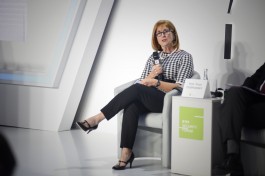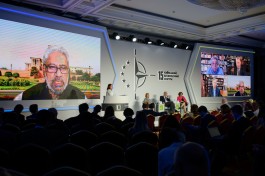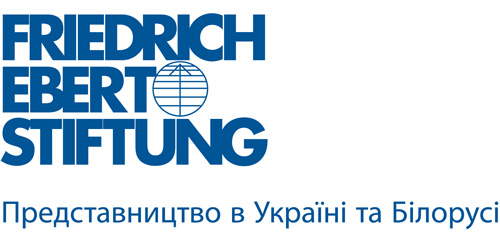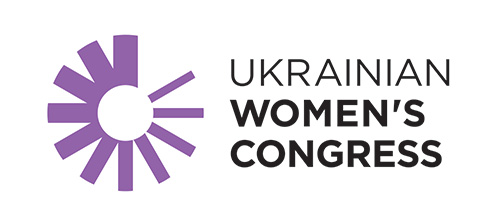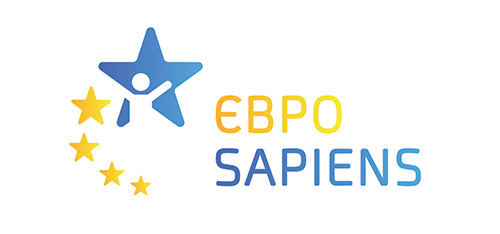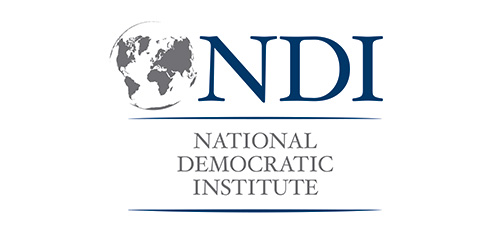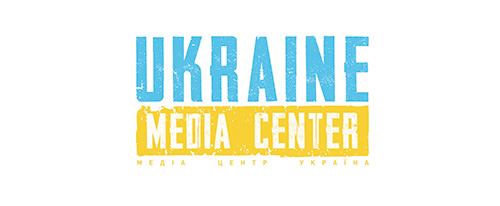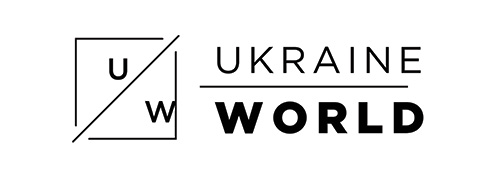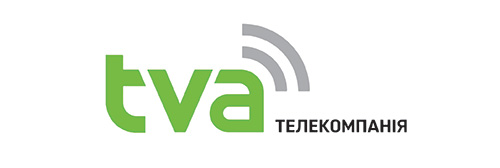“The Russians expected that we would all flee,” - Olena Kondratyuk about the work of the parliament
After the mass-scale Russian invasion of Ukraine, the Verkhovna Rada not only played a key role in preserving the legitimacy of state authorities, but also expanded parliamentary diplomacy.
These are the words of the Deputy Speaker of the Verkhovna Rada of Ukraine, Olena Kondratyuk, during the Kyiv Security Forum, founded by the Arseniy Yatsenyuk Foundation “Open Ukraine”.
“The Verkhovna Rada of Ukraine – both 31 years ago and after the massive invasion – played a key role. We all convened on February 24, and for us the main thing was to preserve the institutionality of state authorities, and legitimacy of the Parliament, because incredible focused pressure was exercised by the Russian federation onto the Parliament. They expected that we would not get convene, that we would all flee,” she said.
Olena Kondratyuk noted that the Verkhovna Rada gave a clear definition of the term “terrorist state” already on April 14.
“There is no such definition in world practice, there is only “the state sponsoring terrorism”. A lot of work still needs to be done, and only 5 parliaments have recognized the russian federation a terrorist, but we have made progress in that the PACE, the European Parliament and the NATO PA have recognized Russia as a terrorist. These are key institutions, and we expect the national parliaments align their work respectively as well,” the Deputy-Speaker added.
According to her, the formation of the International Tribunal is also extremely important for Ukraine: “This is a big work to be done in parallel with the launch of the International Criminal Court in The Hague/ Still, the formation of the International Tribunal is also important to formulate the security architecture, since justice must be done,” Olena Kondratiuk emphasized .
Among the strategically important areas of work, the Deputy-Speaker also mentioned the advent of Ukraine’s membership in the EU and NATO.
“Parliamentary diplomacy, like diplomacy in general, has become more brutal, demanding, and persistent. We don’t have time to talk about classic diplomacy, we must act quickly and persistently,” said Kondratiuk.


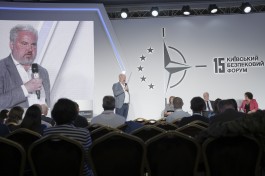
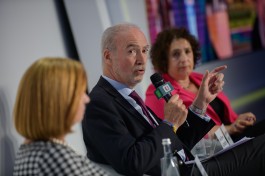
-tmb-265x176.jpeg)
